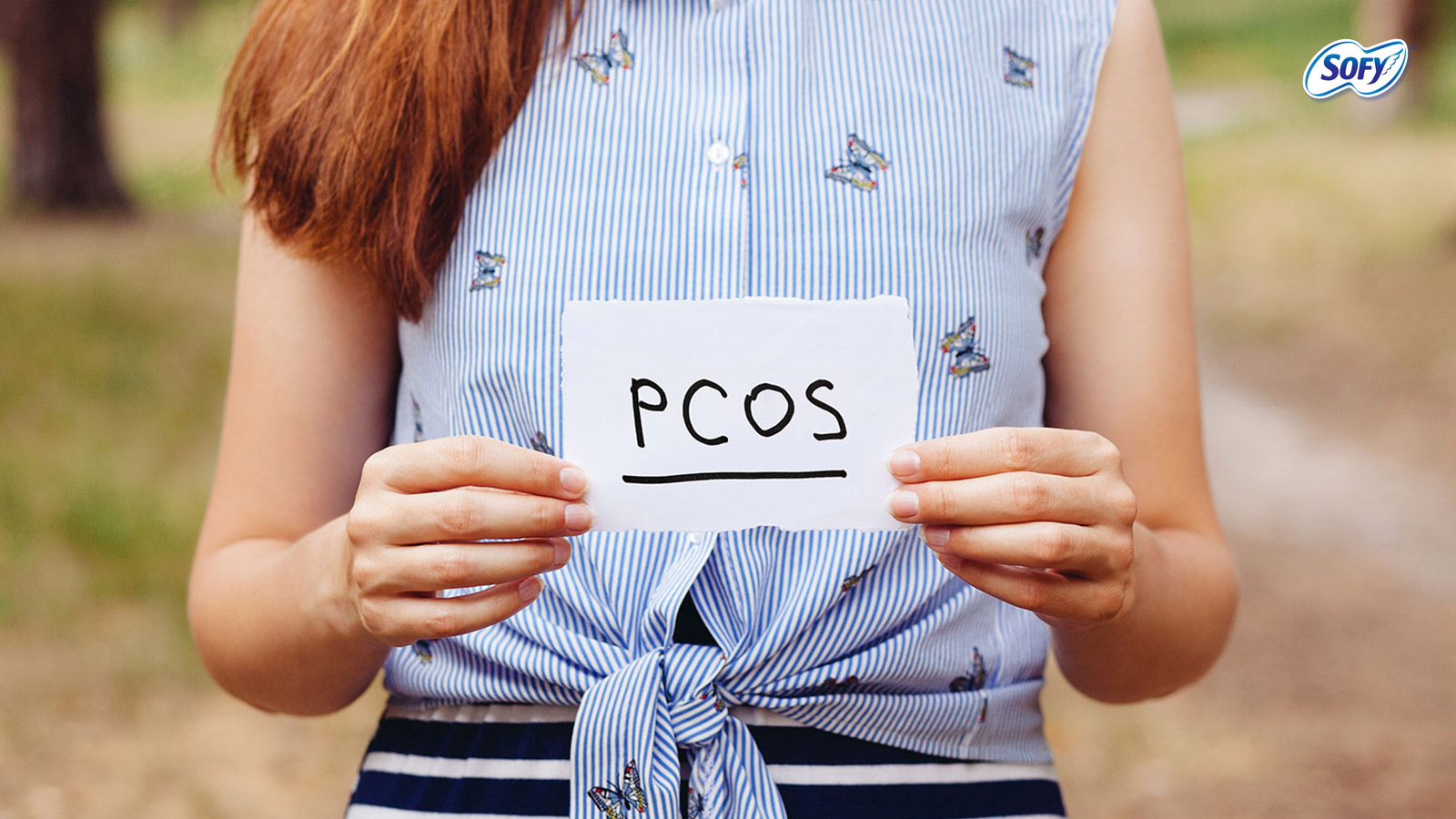Let’s talk PCOS! Have you ever heard of the term Polycystic Ovary Syndrome within your friend circle or met someone who’s had it? Chances are that you have, but do you really know what PCOS entails? Let’s shed some light on that today.
PCOS or Polycystic Ovary Syndrome is a condition that is a direct result of hormonal imbalances. These imbalances show up in the form of irregular periods, high levels of testosterone and cysts on the ovaries. PCOS is an extremely common condition, in fact 1 in 12 women are affected by this.
The high levels of testosterone and other androgens, cause symptoms like excess facial and body hair, acne, as well as rapid mood changes. Another direct symptom of PCOS can be seen in the form of small cysts on the ovaries, though not everyone who suffers from PCOS develops cysts. These cysts are not to be confused with ovarian cysts that grow, rupture and cause pain. It is extremely important to get PCOS checked and treated at an early stage, because left untreated it can cause serious health concerns including;
Type II Diabetes
Infertility
Cardiovascular Disease
Obesity
Sleep Apnea; when your breathing is constantly disturbed during sleep
Fatty Liver Disease
Depression
While PCOS can mean different things for different people in terms of the symptoms. Some fairly common symptoms include irregular menstrual cycles i.e. periods that become infrequent, frequent, unpredictable, or even absent. Period flow inconsistencies, where the period flow is either very heavy or very light. New or excess hair growth on the face and body and rapid thinning of hair on the scalp. It can also lead to skin related issues like oily skin, acne and dark patches on the back of the neck. Other symptoms include insulin resistance, weight gain, especially around the abdomen, difficulty in conceiving, depression and anxiety.
PCOS symptoms can show up around the same time as your first period, which often leads girls into thinking that these symptoms are normal for their period and not a symptom of a problem. If a girls periods are consistently irregular i.e. infrequent and/or absent for 2–3 years after her first period then it’s a good idea to consult a doctor.
You must be wondering why this happens in the first place, as in what causes it.
PCOS is a complex disorder of hormonal imbalances and endocrine system. The endocrine system is a network of hormone secreting glands which regulate a lot of your physiological and behavioral activities including reproductive and sexual function, sleep, stress, and digestion and so on. And yet, there is still no clear indication of why PCOS happens or what causes it, it also tends to vary with different people basis genetics, lifestyle, general behaviour and environment.
What can you do to help manage PCOS at home?
Polycystic Ovary Syndrome is a lifelong condition, but there are a few things that can help you minimise your symptoms like changing your diet and including exercise into your daily schedule can have a huge impact on the reduction of your daily symptoms including weight gain, hair loss and skin related issues. Limiting the intake of carbohydrates and sugars in your diet will also help in balancing your insulin levels, preventing inflammation and the hiking of your testosterone levels.












